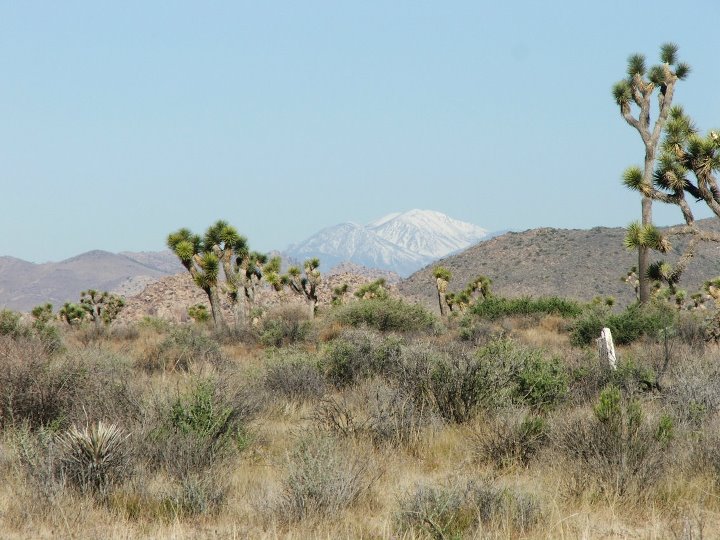It all began in early 2022 when a good friend and fellow WKPP exploration cave diver asked me if I was a member of the world-renowned Explorers Club. He noticed I frequently comment on the groups social media posts and was a regular attendee of their monthly talks livestreamed to the masses via YouTube. My response “I wish.” Matt was shocked. He reminded me of my diving credentials, research expeditions around the world, and publications, stating, “… We need to fix that.” Within the next few weeks, I found myself filling out the application. I had hoped for admittance at …
You Never Forget Your First ECAD



